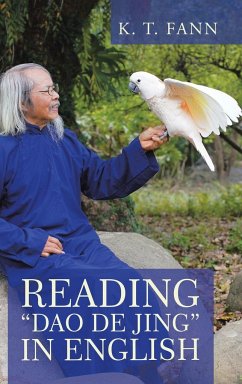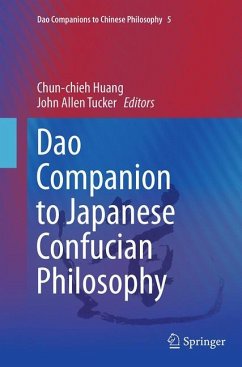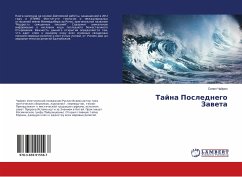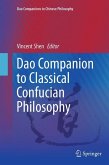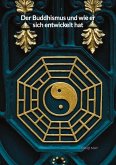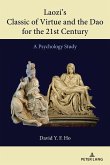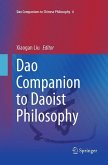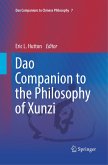Composed more than twenty-five centuries ago, Laozi's Dao De Jing is the first known philosophy book in human history and the only surviving record of pre-historical matriarchal thought. Extolling the feminine virtues and warning against the advent of science and technology, Laozi's philosophy is the best antidote to the ills of modern life. It will provide inspiration to environmentalists, feminists, pacifists, and anyone questioning the status quo. A must-read for Daoist scholars, philosophy students, Chinese learners, and anyone interested in Daoism! This book consists of three parts. In the first part the author introduces the novel idea of reading Chinese characters in English. Unlike all other major written languages which are alphabetical, Chinese written language, known as the Han script, consists of ideograms that can be read by anyone in their own mother tongue. It has already been used for centuries as the common means of communication for Eastern peoples. The time is ripe for introducing a universal script for the computer age; this book is a part of the author's effort to promote this idea by giving an example. The complete text of Dao De Jing is given and under each Chinese character is an English equivalent. So when you read this book, don't treat it as a literal translation, but try to recognize the characters so that when you come to the end of the book you may be able to read the text without looking at the English. The second part gives the author's English translation on the facing pages line by line so that you may compare it with the original. The third part contains commentaries explaining the author's corrections of the text based on recently unearthed old texts. His radical interpretation of some key passages are also included. The book concludes with a fascinating account of the meetings and friendship between Confucius and Laozi.
Hinweis: Dieser Artikel kann nur an eine deutsche Lieferadresse ausgeliefert werden.
Hinweis: Dieser Artikel kann nur an eine deutsche Lieferadresse ausgeliefert werden.

